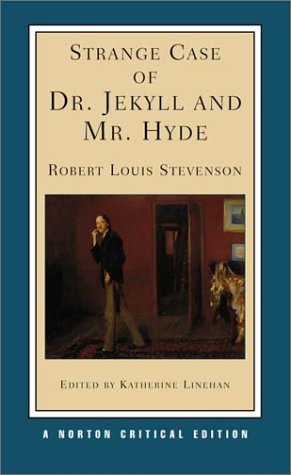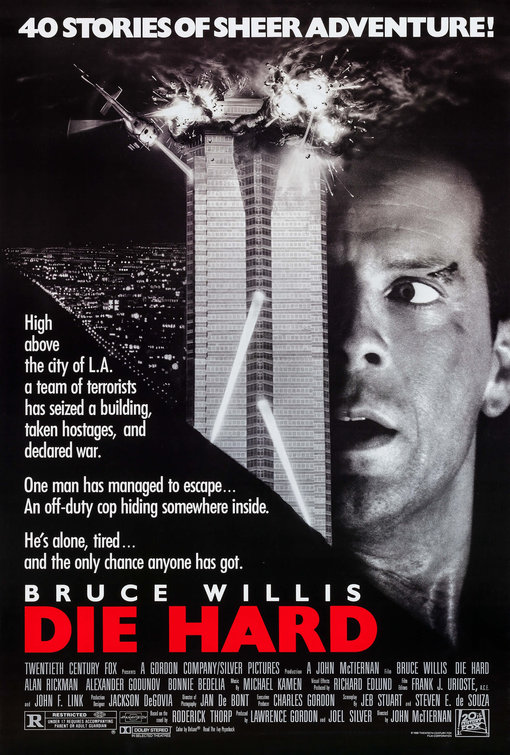

Thriller films took off between the 1920's and 1930's and Alfred Hitchcock and Fritz Lang capitalized on this. Initially the films were silent but then they began to incorporate sound so many of the typical features of thriller films in terms of sound became the traditional features as did elements of mise en scene when colour film was introduced. The trailer for Hitchcock's 'The Lodger' is below.
In the early 40's psychological thrillers were introduced to a more widespread audience, welcoming them into a very different type of suspense. Alfred Hitchcock's 1940 film 'Rebecca' featured a woman seeing ghostly visions of her husbands deceased first wife. Elements of the psychological thriller can be seen in the scene below
George Cukor released the 1944 film 'Gaslight' in which a husband attempts to drive his wife insane in order to gain a vast inheritance.
By the 1960's thriller films became more violent and by the 70's more commonly became inspire by real life events. The 1962 film 'cape fear' portrayed an ex convict stalking the family of the lawyer who failed to defend him in court, this film contained scenes of sexual violence and gore and was originally rated a PG13 although more 1991 remake was rated 18R. The 1971 film 'Dirty Harry' features an antagonist called "the Scorpio killer". This character was based on the real life "Zodiac Killer" who had been active during this time. The increase in violence and realism shows the development of thriller films, which had to increase these areas of its plots in order to actually provide more of a thrill to audiences then the news.
Thrillers are also likely to be inspired by other sources typically novels. Thomas Harris' Hannibal Lecter series has inspired five thriller films. Similarly Stephen King's novels frequently become the basis for films although these are typically associated with the horror genre. The film Indian Runner was based on a Bruce Springsteen song 'Highway Patrolman'.
 |
| 'Nothing lasts forever' by Roderick Thorp |
 |
| inspired by Harris' 'Red Dragon' |
| "out of my head" Didier Van Cauwelaert |
Joseph Power
No comments:
Post a Comment